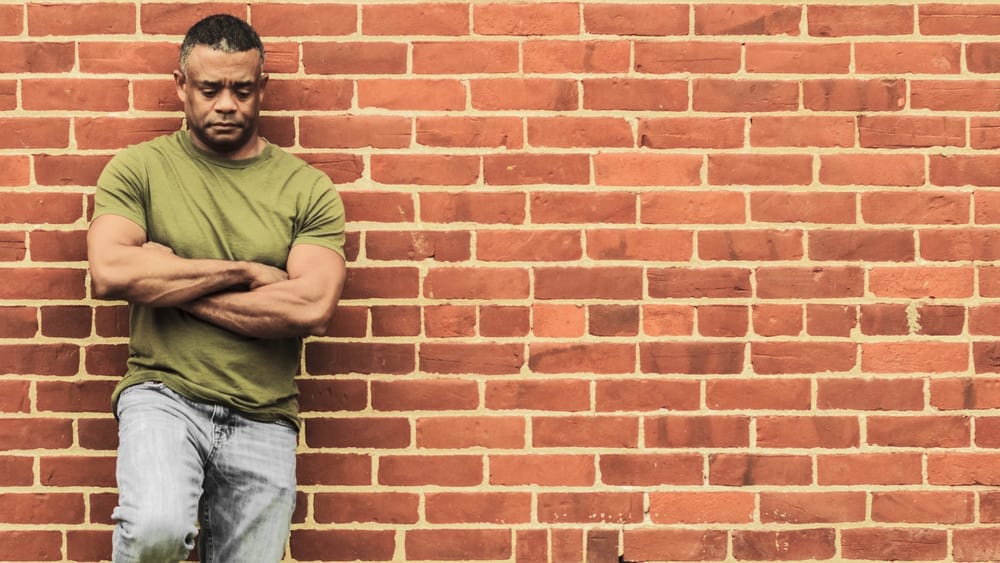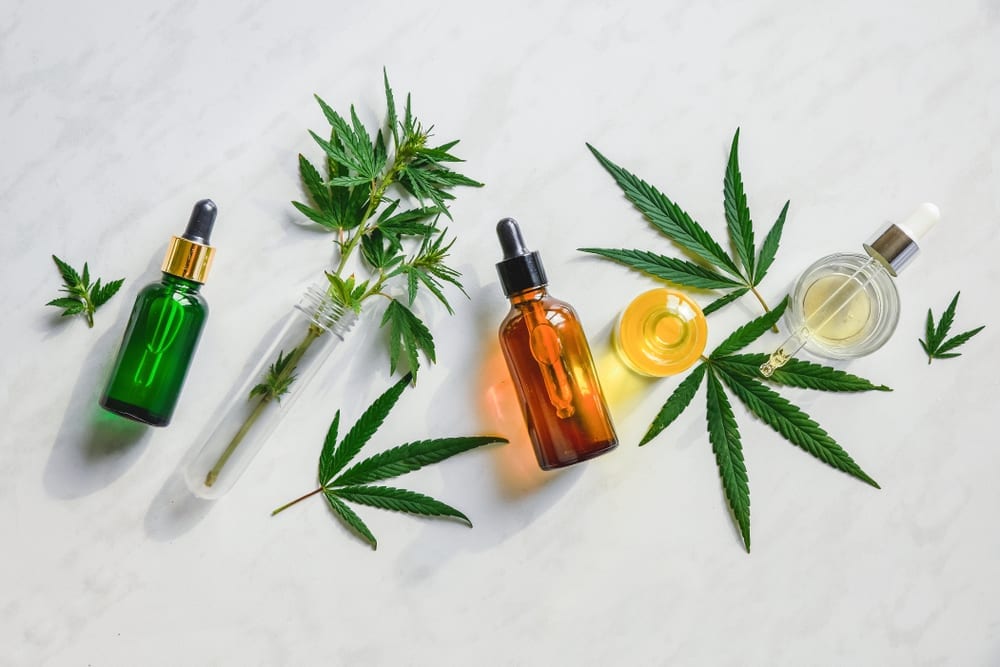On this page, we will go over all the reasons to try Medical Marijuana for Post Traumatic Stress Disorder (PTSD). Hopefully, by the conclusion, you will know the history and research behind it using cannabis for PTSD; the science behind why medical marijuana may help; what symptoms can be alleviated; and some side effects worth considering. Enjoy!

Medical Marijuana was first legalized in California in 1996 and it is now up to each individual state to decide when they can legalize. Medical marijuana was legalized in Colorado in the year 2000, however, since 2017, due to Governor John Hickenlooper signing Senate Bill 17, patients with doctor-diagnosed PTSD can try medical marijuana for PTSD treatments. Read more about the most up-to-date qualifying conditions for MMJ in Colorado, or schedule a medical card appointment with Doctors of Natural Medicine to get evaluated by one of our doctors.
For those new to the medical marijuana world, at this time, medical marijuana is listed as a Schedule 1 controlled substance. Although the DEA doesn’t allow legal prescription of marijuana or cannabis for PTSD, the use of it is legal to treat certain medical conditions under certain state laws. So, if you don’t live in Colorado, please check your current state laws.
Some conclusive research of medical marijuana use for PTSD has been authorized by the DEA and FDA. These research teams did a study of military veterans on the efficacy of smoked marijuana to manage chronic, treatment-resistant PTSD. The research was done on 76 veterans and concluded on February 8th, 2019. Even though some research has been done, the US Department of Veteran Affairs says, “there has been no study of marijuana use in the overall Veteran population.” Therefore, most stories are anecdotal, and each patient should consider talking with their doctor before trying medical marijuana.
This may seem grim to some, but it is actually good news in the treatment of PTSD with medical marijuana. As we enter an era with improved understanding of medical marijuana and its benefits, more and more research comes out and supports its medical use.
Our State-Licensed Doctors are here to help.
Medical Marijuana has a compound called delta-9-terahydrocannabinol (THC) and Cannabidiol (CBD). These cannabinoids can cause drug-like effects on the body. These cannabinoids are capable of helping treat PTSD symptoms by improving the endocannabinoid system.
The endocannabinoid system mediates memory consolidation and retrieval, to name a few functions. Cannabinoids can active the CB1 and CB2 receptors in this system. When this is done, cannabis for PTSD produces neurotransmitters which promote happiness, pleasure, and memory.
The body creates natural cannabinoids called anandamide. A study by NYU Medical Center showed that patient with PTSD have very low levels of anandamide. Essentially, by using medical marijuana for PTSD, one can provide cannabinoids to a PTSD patient that they are lacking.
Cannabis has shown to be effective in minimizing haunting nightmares. The stress that is triggered in PTSD patients places patients in a constant state of tension which can keep patients sleepless. Anecdotal evidence has shown to relieve patients from these symptoms. This works because cannabis reduces REM sleep and vivid dreams that occur in this stage according to Health Care in America. A study testing this hypothesis was done.
Out of the 47 patients who tried the cannabinoid drug, all of them used anti depressants, 72% of them stopped having recurring nightmares or greatly reduced their severity. Patients using cannabis for PTSD also report that the quality of their sleep improved. It seemed here that cannabinoids could be a much more effective treatment than prescription drugs.
In a study published in the Journal of Affective Disorders, thoughts of a traumatic event were reduced by about 62% when using medical marijuana for PTSD.
In the same study, flashbacks were reduced by 52%, irritability by 67%, and anxiety by 67%. This is great news. However, it should be noted that the symptom reductions were not permanent and it is advised to continue regular treatment along with psychotherapy.
Many now know that CBD assists with pain management. CBD in the form of edibles, tinctures, and vaping enhance pain relief due to CBD’s anti-inflammatory properties.

Both have proven to have specific effects on the brain. CBD has been legalized world-wide and is now known for is therapeutic effect. As mentioned above, CBD can help empower the endocannabinoid system. The cannabis for PTSD will help patients improve the quality of their lives. If you are a war veteran experiencing emotional imbalance and have experienced major trauma, talk to your primary care physician to see if CBD is right for you.
There is not a lot of evidence that THC helps the symptoms of PTSD. The cannabinoid drug, nabilone, created to mimic the molecular structure THC has said to provide the same high feeling and relief of symptoms. Using the actual plant, however, has not been studied too widely just yet.
For patients interesting in using cannabis to treat their PTSD, it is important to consider the side effects.
Depression and Mental Health
PTSD patients have reported feeling more manic. Using medicinal marijuana for PTSD can aggravate their mind and actually cause the patient to feel worse. Using THC products can cause: